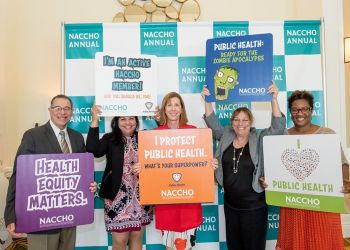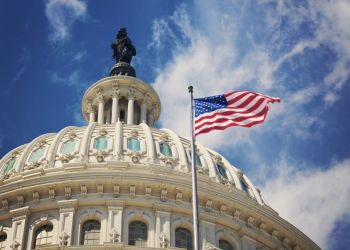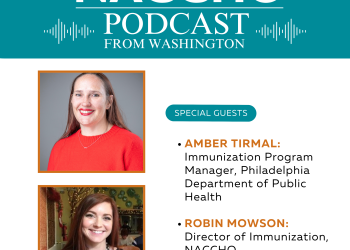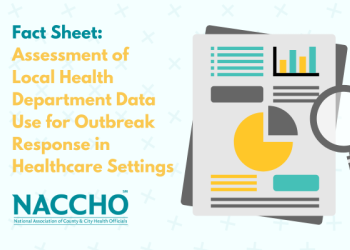(Washington, DC – July 15, 2020) -- The U.S. Centers for Disease Control and Prevention (CDC), as the nation’s lead public health agency, is uniquely qualified to collect, analyze and disseminate information regarding infectious diseases. It has been serving in that role since its creation and, in close collaboration with U.S. healthcare facilities nationwide, has developed a health statistics infrastructure that is the gold standard worldwide.
The problems with regard to the COVID-19 data collection have largely been a result of the decentralized and fragmented nature of both healthcare and public health in the United States. Furthermore, hospital data is only one aspect of what we need to know to fight the pandemic. A key role of health departments at all levels of government is to aggregate data to produce a detailed picture of a health problem at the national, state and local levels. Inadequate funding for data infrastructure, at CDC and at the local, state, tribal and territorial levels, is also a contributing factor. That underfunding should be corrected rather than bypassed.
In the midst of the worst public health crisis in a century, it is counter-productive to create a new mechanism which will be extremely complicated to build and implement. Another area of concern is that the planning for this new approach did not substantively involve officials at the local, state, tribal and/or territorial levels. This is a time to support the public health system not take actions which may undermine its authority and critical role.
Americans must have confidence in the integrity of health data and its insulation from even the suggestion of political interference. Sending these sensitive data to a newly created entity overseen directly by the White House will not eliminate such concerns, it will increase them.
John Auerbach, President and CEO, Trust for America’s Health
Dr. Tom Frieden, President and CEO, Resolve to Save Lives
Lori T. Freeman, Chief Executive Officer, National Association of County and City Health Officials
Dr. Georges C. Benjamin, Executive Director, American Public Health Association
Thomas M. File, Jr., M.D., MSc, FIDSA; President, Infectious Disease Society of America
Chrissie Juliano, MPP, Executive Director, Big Cities Health Coalition






